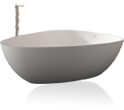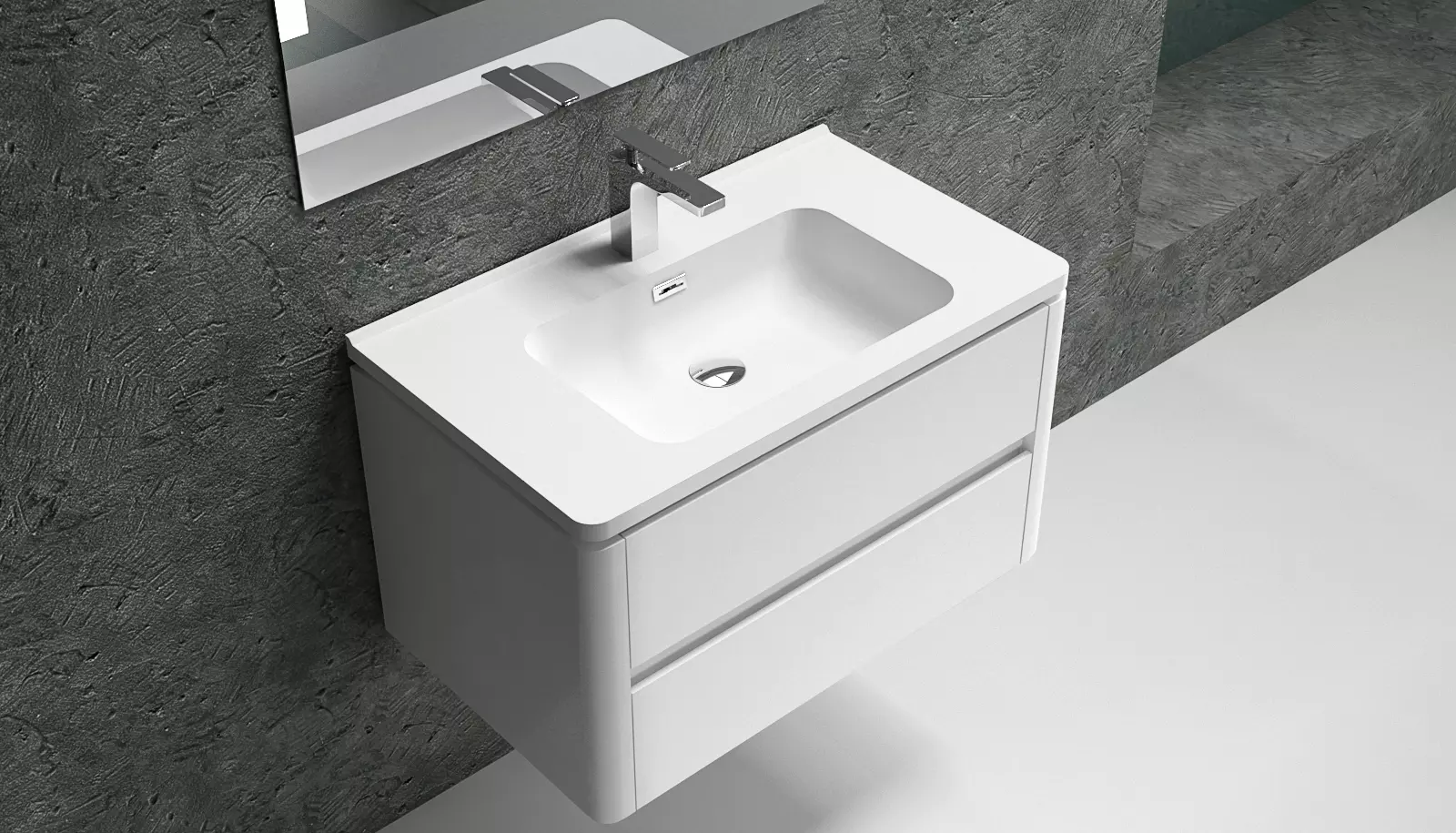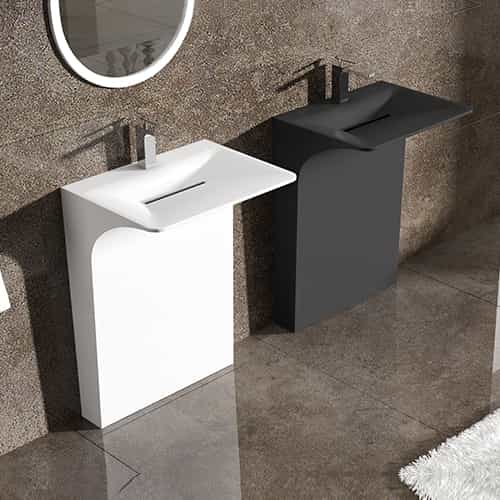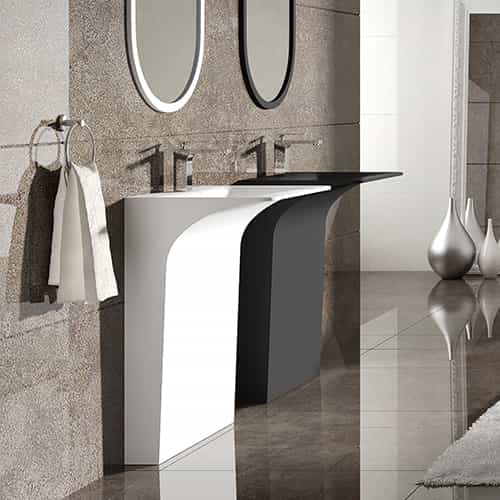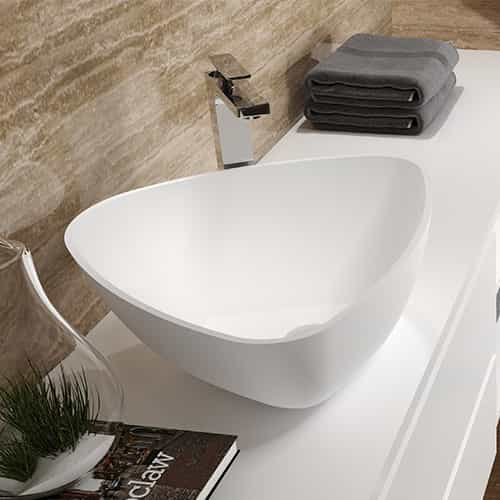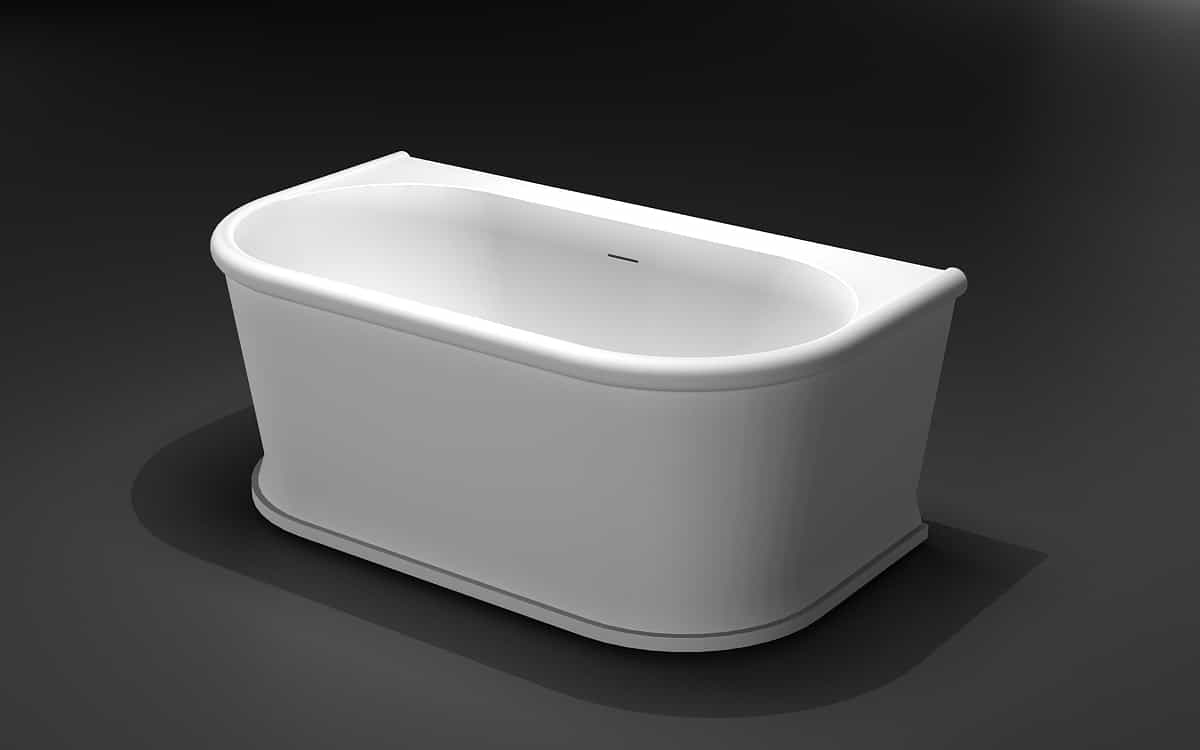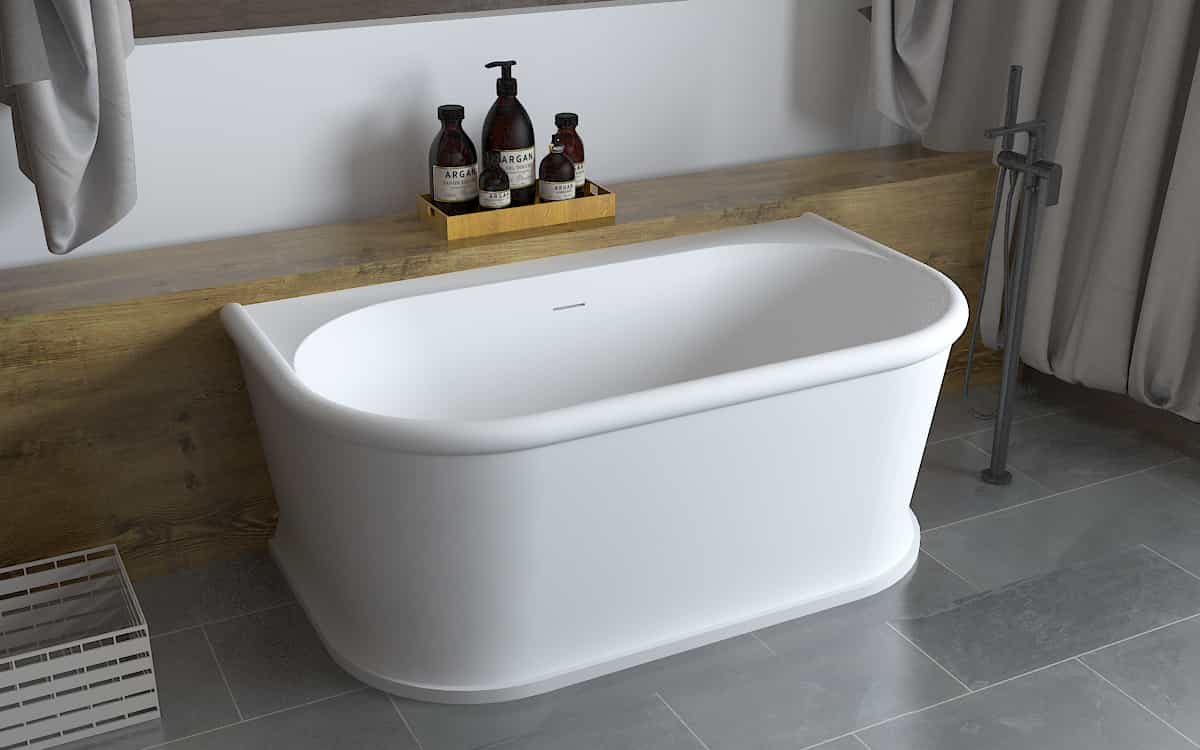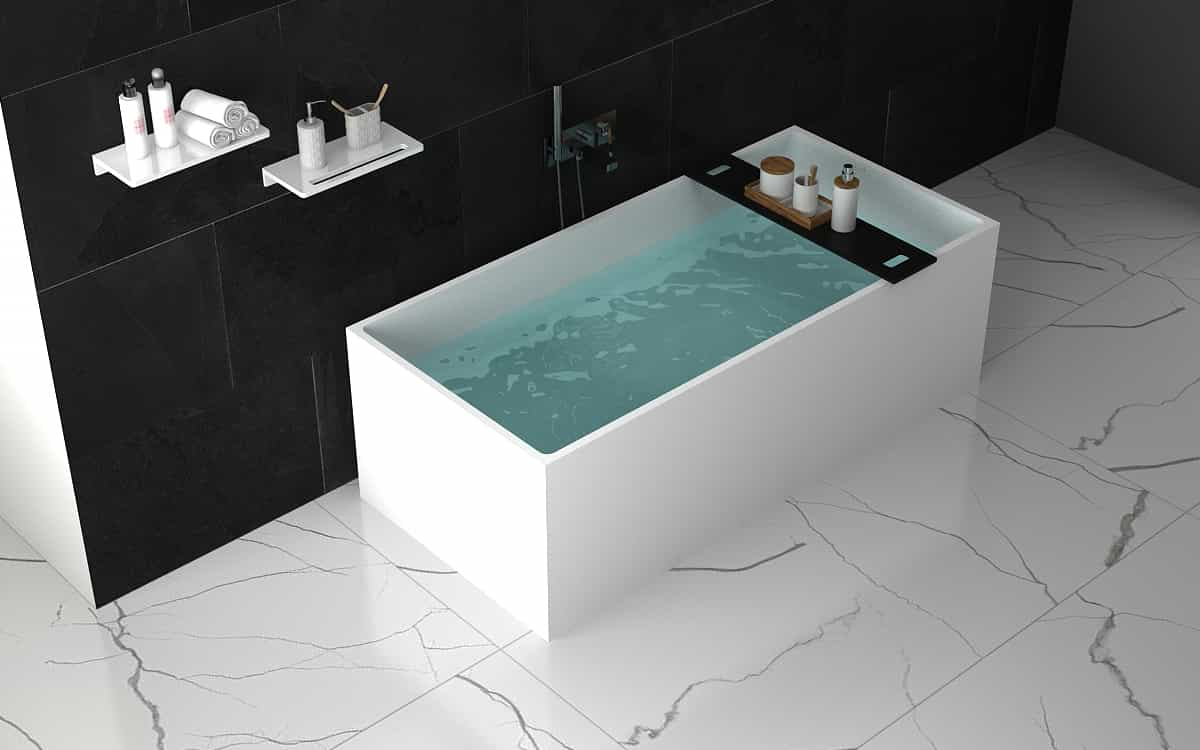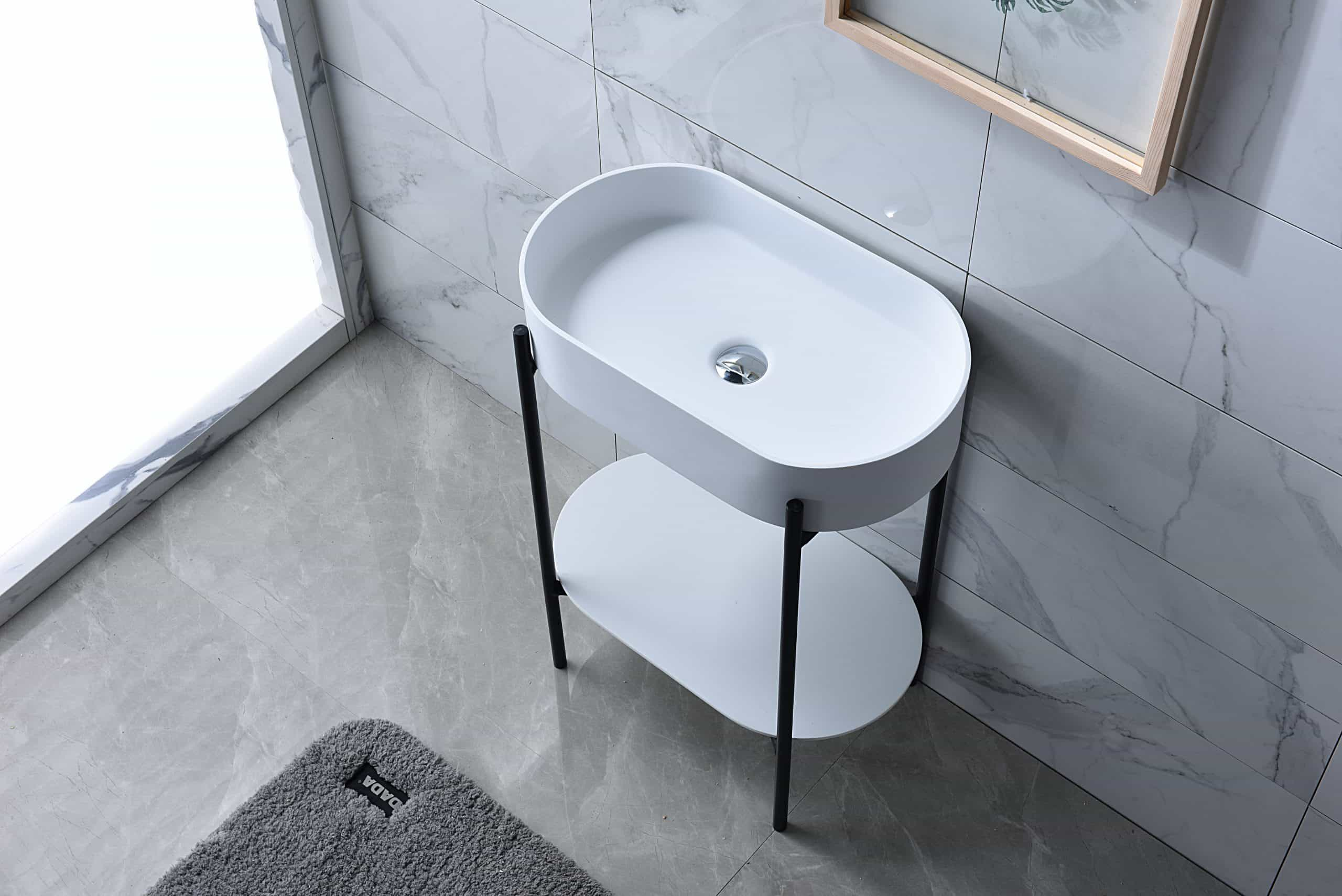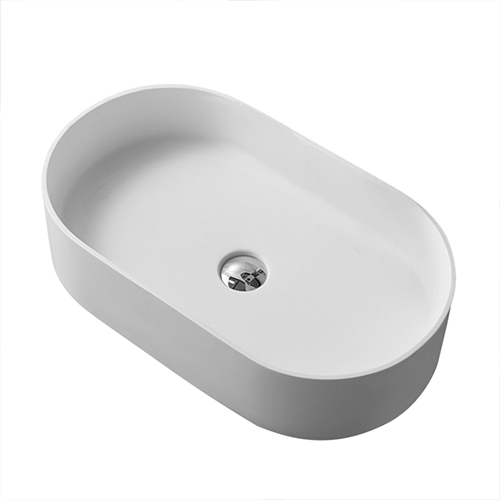
Do you know how to place plants in the living room? Do you know the common sense of feng shui placement of living room plants? How much do you know about living room feng shui? Learn about it with the master.
First, the living room is the place of the home and the outside world, and the living room plants should first focus on decoration.
Living room greening is also the focus of home greening. Living room green, to strive to be pleasing to the eye, warm and natural. For example, plants with large and simple leaves can increase the feeling of grandeur in the living room, and ornamental leaf plants with complex forms and changing colors can make the color of the living room become rich and so on.
Second, the focus of the living room plants is to reflect the owner’s taste.
In creating a peaceful and warm atmosphere, return to the original mood at the same time, it can also show the owner’s taste, so that the living room is filled with more humanistic colors.
In the choice of plants, a certain degree can reflect the owner’s personality characteristics, for example: green flowers delicate; Lily is quiet; Kanchi LAN noble; Bamboo delicate; Orchids are transcendent… Let’s wait.
Three, the living room plant placement requirements
(1) Usually in the home, medium and small plants should be mainly used, rather than large plants, so as to avoid a sense of pressure in the living room because of visual reasons.
(2) The placement of plants in such a way as not to prevent people from walking around; When placed, pay attention to small and medium-sized collocation, in order to achieve a patchwork visual effect. For example, relatively large plants can be placed at the entrance of the living room, the corner of the hall, next to the stairs and other places that do not affect people’s activities; Small foliage plants can be placed on coffee tables, low cabinets, table cabinets, corner sofas, etc.
(3) The plants in the living room should first focus on decoration, so the number can achieve the purpose of decoration, and should not be too much, otherwise it will give people the feeling of clutter, and will also affect the airflow in the living room, which will lead to heavy Yin in the living room.
Fourth, plants have a strong feng shui effect, and their color and shape will affect the qi energy of the house.
And withered, poor growth of plants will have a negative impact on home feng shui. Therefore, it must be well maintained to maintain its vigorous growth, in order to play a positive role in promoting the fortune of the family.
Five, there are two main feng shui effects of plants:
One is “Sheng Wang” (evergreen plants).
The second is “huaxa” (cactus plants).
Generally speaking, the leaves are pointed, needle-like plants have qi, unless it is used to dissolve the evil, otherwise it will have an adverse effect on feng shui; Plants with round leaves and succulent stems will have a feng shui effect on prosperity.
6. Plants not suitable for home:
Nocturnal: It emits a large number of particles that strongly stimulate the sense of smell at night, which is too harmful to patients with high blood pressure and heart disease.
Oleander: The flowers are toxic, the fragrance is easy to make people drowsy and reduce intelligence.
Tulip: Flowers toxic alkali, too much contact hair easy to fall out.
Pine and cypress flowers: fragrant oil, easy to make people feel sick.
Seven, suitable plants in the home:
Chrysanthemum: A symbol of prolonging life, increasing blessings, and contributing to the stability of the aura and magnetic field. Macrobiotic chrysanthemum and cosmos are suitable for home use.
Orchid: Aggregate popularity, control power, can also expand interpersonal relationships.
Fugui bamboo: also known as “10,000 years bamboo”, is a popular “money tree”, symbolizing fortune.
Kumquat: orange yellow appearance, there is the meaning of gold and silver treasure, to increase financial resources quite helpful.
Daffodils: avoid evil and foul, good luck, but also fortune.
Living room plants feng shui place common sense
1. Plant selection
When buying plants, it is important to pay attention to the shape of the leaves of the plants. In the living room plant feng shui, usually the plant leaves into sharp will produce toxins or qi, in order to ensure a good plant feng shui, in the selection of plants with more circular stems and leaves is the best.
2. Plant color
In the choice of plant color, not only green, because from the point of view of color and balance, in the living room plant feng shui decoration, red and yellow with strong Yang are lucky colors, and white is a cool color, it is best to use bright colors as a match.
3. Plant placement
Feng Shui said: The placement of plants in the living room is not to prevent people from walking around as the best place, and it should also pay great attention to small and medium-sized collocation when placed, in order to achieve a scattered visual decoration effect.
Second, the arrangement of living room plants common sense
Plant feng shui can mainly play the role of “Wangcai” and “Hua Xia”, if you want to have a good living room plant feng shui, then some living room plant feng shui tips are an indispensable part of the living room decoration.
1, living room plants should be mainly small and medium-sized. Usually in the home, medium and small plants should be mainly used, rather than large plants, so as to avoid a sense of pressure in the living room because of visual reasons.
2, the number of plants placed in the living room should be appropriate in the living room plants should first focus on decoration, so the number to achieve the purpose of decoration, and should not be too much, otherwise it will give people a messy feeling, but also have an impact on the airflow of the living room, which will lead to heavy Yin in the living room.
3, pay attention to the placement of plants the placement of plants, in order not to prevent people from walking around; When placed, pay attention to small and medium-sized collocation, in order to achieve a patchwork visual effect.
(1) Large potted plants, such as Brasilia wood, false areca nut, fragrant dragon blood tree, cedar, cycas tree, rubber tree, etc., can be placed at the entrance of the living room, corner of the hall, and next to the stairs.
(2) Medium foliage plants, such as palm bamboo, agave, turtle back bamboo and other hanging plants, as well as false dyke, ivy, duck stone grass, etc., can be placed in the desk cabinet, corner sofa.
(3) Small foliage plants, such as spring feathers, golden blood evergreen, color leaf taro, etc., can be placed on the coffee table and low cabinet.
4, the living room plants should not be placed too much, otherwise it will affect the airflow in the living room, resulting in heavy Yin in the living room.
Three, the main feng shui effect of plants
One is “Sheng Wang” (evergreen plants). The second is “huaxa” (cactus plants).
Generally speaking, the leaves are pointed, needle-like plants have qi, unless it is used to dissolve the evil, otherwise it will have an adverse effect on feng shui; Plants with round leaves and succulent stems will have a feng shui effect on prosperity.
Plants that are not suitable for the home
Nocturnal: It emits a large number of particles that strongly stimulate the sense of smell at night, which is too harmful to patients with high blood pressure and heart disease.
Pine and cypress flowers: fragrant oil, easy to make people feel sick.
Oleander: The flowers are toxic, the fragrance is easy to make people drowsy and reduce intelligence.
Tulip: Flowers toxic alkali, too much contact hair easy to fall out.
Plants suitable for the home
Chrysanthemum: A symbol of prolonging life, increasing blessings, and contributing to the stability of the aura and magnetic field. Macrobiotic chrysanthemum and cosmos are suitable for home use,
Kumquat: orange yellow appearance, there is the meaning of gold and silver treasure, to increase financial resources quite helpful.
Daffodils: avoid evil and foul, good luck, but also fortune.
Fugui bamboo: also known as “10,000 years bamboo”, is a popular “money tree”, symbolizing fortune.
Orchid: Aggregate popularity, control power, can also expand interpersonal relationships.
Living room plant feng shui explanation
First, the living room plants should have ornamental effects
The living room is a place for the outside of the home, and the living room plants should first focus on decoration. Living room greening is also the focus of home greening. Living room green, to strive to be pleasing to the eye, warm and natural.
For example, plants with large and simple leaves can increase the feeling of grandeur in the living room, and ornamental leaf plants with complex forms and changing colors can make the color of the living room become rich and so on.
Plants are placed according to the overall color of living room furniture and sofa, which can be unexpected and unique in decoration and receive good visual effects.
Second, the plant should be coordinated with the temperament, personality and living room style of the owner
Living room plants focus on reflecting the owner’s taste, in creating a peaceful and warm atmosphere, back to the original mood at the same time, can also show the owner’s taste, so that the living room is filled with more humanistic color.
In the choice of plants, a certain degree can reflect the owner’s personality characteristics, for example: green flowers delicate; Lily is quiet; Kanchi LAN noble; Bamboo delicate; Orchid refined; … Let’s wait.
How to combine the temperament, personality and living room style of the owner to choose home plants is also a knowledge, but inadvertently reflects the owner’s taste.
Three, the living room plant placement requirements
1, living room plants should be mainly small and medium-sized.
Usually in the home, medium and small plants should be mainly used, rather than large plants, so as to avoid a sense of pressure in the living room because of visual reasons.
2, the number of plants placed in the living room should be appropriate
The plants in the living room should first focus on decoration, so the number can achieve the purpose of decoration, and should not be too much, otherwise it will give people the feeling of clutter, and will also affect the airflow in the living room, which will lead to heavy Yin in the living room.
3. Pay attention to the placement of plants
The placement of plants should not hinder people from walking around; When placed, pay attention to small and medium-sized collocation, in order to achieve a patchwork visual effect.
For example, relatively large plants can be placed at the entrance of the living room, the corner of the hall, next to the stairs and other places that do not affect people’s activities; Small foliage plants can be placed on coffee tables, low cabinets, table cabinets, corner sofas, etc.
Fourth, plants must be regularly taken care of to maintain strong growth
Plants have a strong feng shui effect, its color and shape will affect the qi energy of the house, and withered, poor growth of plants will have a negative impact on the feng shui of the home. Therefore, it must be well maintained to maintain its vigorous growth, in order to play a positive role in promoting the fortune of the family.
Five, the living room plant placement principles of feng shui
There are two main feng shui functions of plants: one is “Sheng Wang” (evergreen plants), and the other is “Hua Sha” (cactus plants).
Generally speaking, the leaves are pointed, needle-like plants have qi, unless it is used to dissolve the evil, otherwise it will have an adverse effect on feng shui; Plants with round leaves and succulent stems will have a feng shui effect on prosperity.
The important principle to follow in placing plants in the living room is to place evergreen plants with large leaves in the position that needs to thrive, and to place prickly plants such as cacti in an unfavorable position.
Six, several harmful plants and auspicious plants.
1. Poisonous plants:
Nocturnal: It emits a large number of particles that strongly stimulate the sense of smell at night, which is too harmful to patients with high blood pressure and heart disease.
Pine and cypress flowers: fragrant oil, easy to make people feel sick.
Oleander: The flowers are toxic, the fragrance is easy to make people drowsy and reduce intelligence.
Tulip: Flowers toxic alkali, too much contact hair easy to fall out.)
2. Auspicious plants
Chrysanthemum: A symbol of prolonging life, increasing blessings, and contributing to the stability of the aura and magnetic field. Macrobiotic chrysanthemum and cosmos are suitable for home use
Kumquat: orange yellow appearance, there is the meaning of gold and silver treasure, to increase financial resources quite helpful.
Daffodils: avoid evil and foul, good luck, but also fortune.
Fugui bamboo: also known as “10,000 years bamboo”, is a popular “money tree”, symbolizing fortune.
Orchid: Aggregate popularity, control power, can also expand interpersonal relationships.

